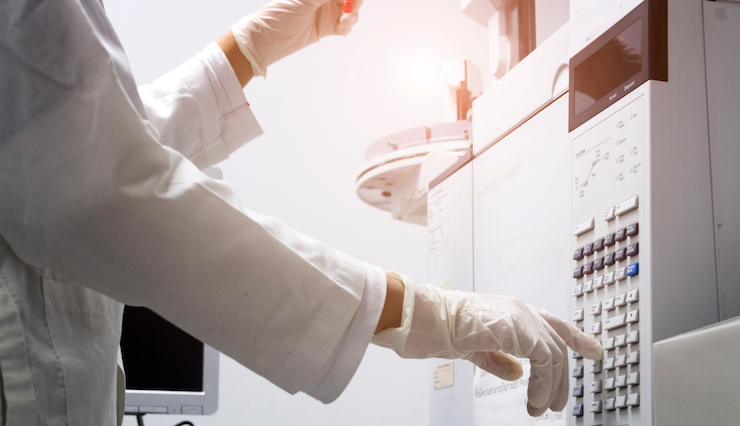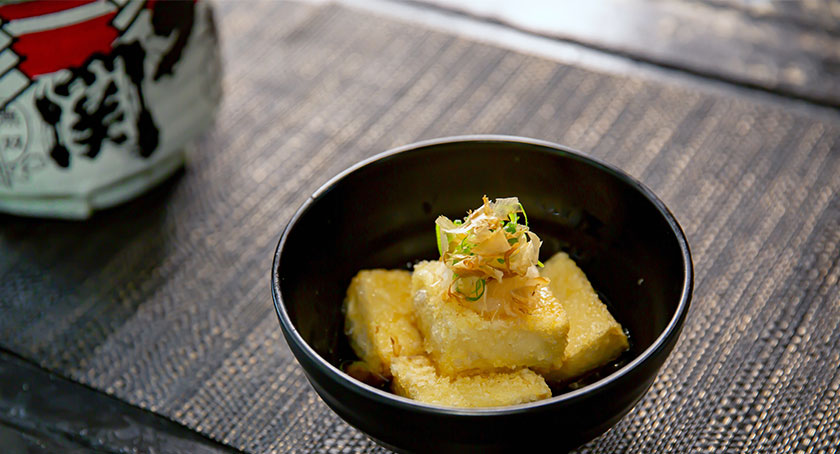Market Updates
BAPP Publishes Article Detailing Adulteration Schemes Used to Fool Laboratory Analytical Methods
Some forms of ingredient adulteration directly target the methodologies commonly used by testing facilities.

By: Mike Montemarano

Recently, the scientific journal Acta Horticulturae published an article written by members of the American Botanical Council (ABC)’s Botanical Adulterants Prevention Program (BAPP) detailing some of the adulteration practices that appear to be attempts at surpassing commonly used analytical techniques for herbs and botanicals. The article was included in proceedings of the International Symposium on Medicinal and Aromatic Plants, held at the 30th International Horticultural Conference of the International Society on Horticultural Sciences in Istanbul, Turkey in 2018.
The paper was written by Stefan Gafner, PhD, ABC’s Chief Science Officer, Mark Blumenthal, ABC Founder and Executive Director, and other partners and collaborators of the BAPP. Additional contributors included natural product chemist John Cardellina II, PhD, botanical expert Steven Foster, the National Center for Natural Products Research director Ikhlas Khan, PhD, and American Herbal Pharmacopoeia president Roy Upton. The paper, based on a presentation by Gafner at the symposium, covers aspects of BAPP’s work and publications since its inception in 2011.
Some unscrupulous producers of adulterated and fraudulent botanical ingredients intentionally create extracts that are designed to fool or trick prevailing laboratory analytical methods, BAPP reports, and in the paper, 15 different botanical ingredients are used as examples to show how UV/Vis spectrophotometry, gas chromatographic approaches, and high-performance liquid chromatographic methods can be fooled into falsely authenticating fraudulent materials, raising alarm on a significant problem for the plant ingredients market. More often than not, any type of ingredient, extract, or finished commercial product is diluted, spiked, or even fully substituted as a cost-cutting measure with lower-quality ingredients, illegal and unsafe substances, or chemical compounds that hold no efficacy that can be misidentified through standard tests. Ingredients covered in the report as examples include extracts of bilberry, black cohosh, cranberry, ginkgo leaf extract, saw palmetto fruit, and St. John’s wart, among others.
COVID-19 is only further exacerbating the adulteration problem, the BAPP warns, with sharp increases in demand and supply shortages of certain botanical ingredients causing companies to seek out new suppliers.
“In such a scenario, it is predictable that unscrupulous suppliers and sellers of botanical and fungal ingredients will attempt to take even greater advantage of the need of industry procurement staff to urgently fill inventory gaps,” the group said. “As such, ABC and BAPP hope that the newly published paper is a helpful resource for dietary supplement manufacturers and suppliers to assess the adulteration risk and put appropriate analytical tests in place to avoid being deceived by sellers of fraudulent ingredients.”
ABC and BAPP emphasize that there are many reasonable, reliable companies in the global marketplace which properly identify and authenticate botanical and fungal ingredients, and that there are many manufacturing companies purchasing properly-qualified ingredients for use in all of their consumer health products.




















